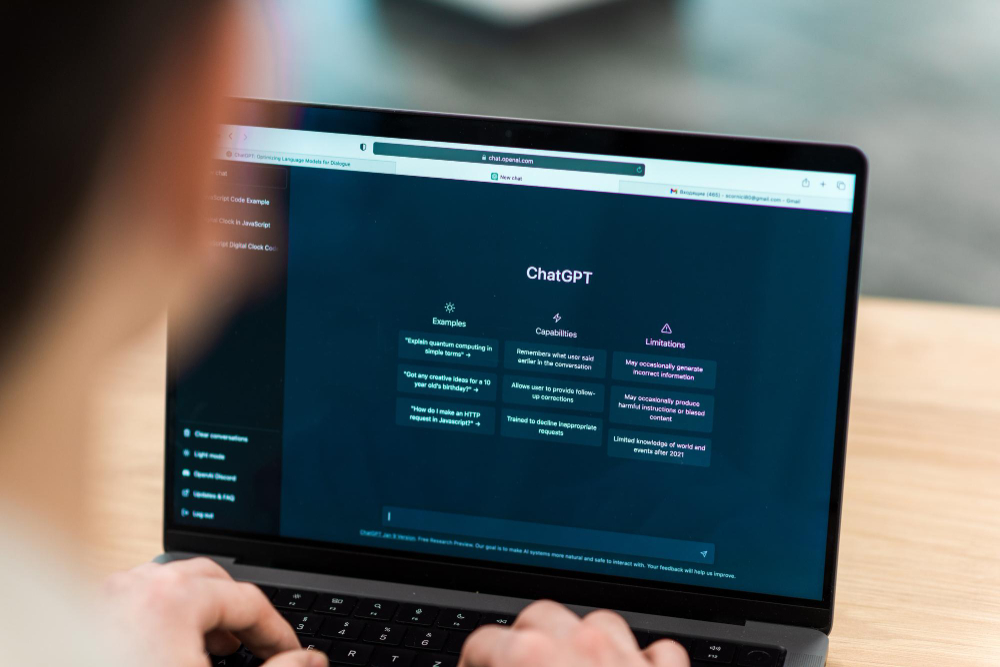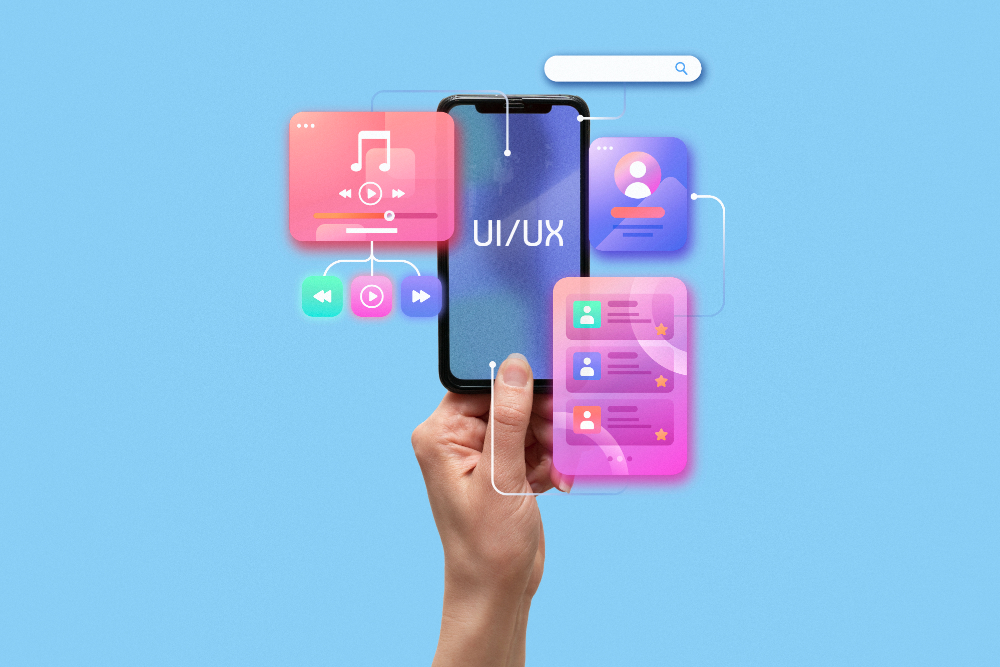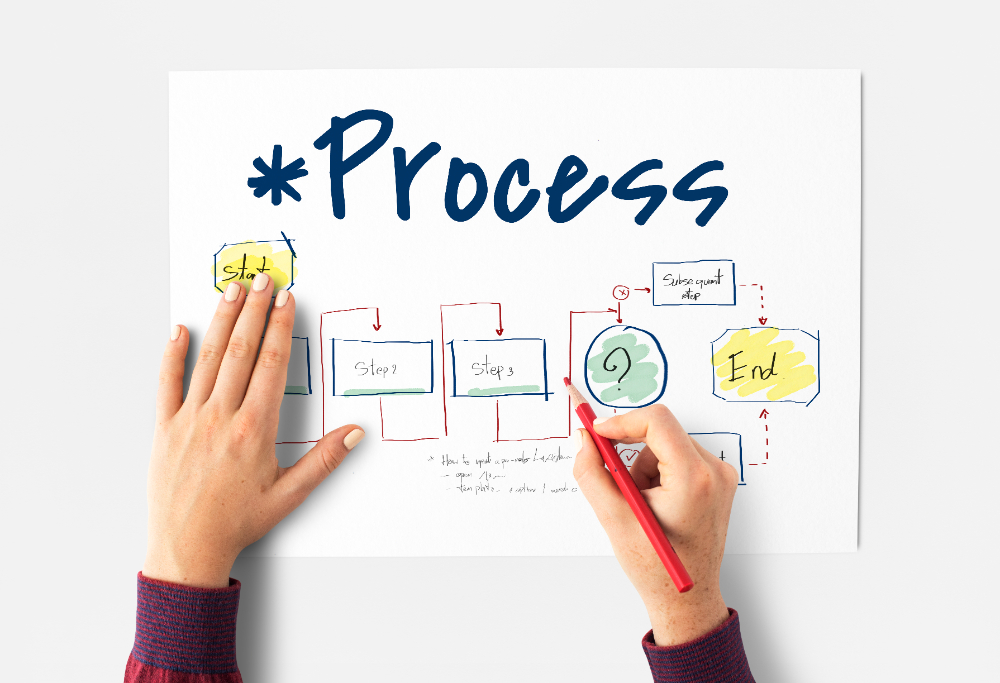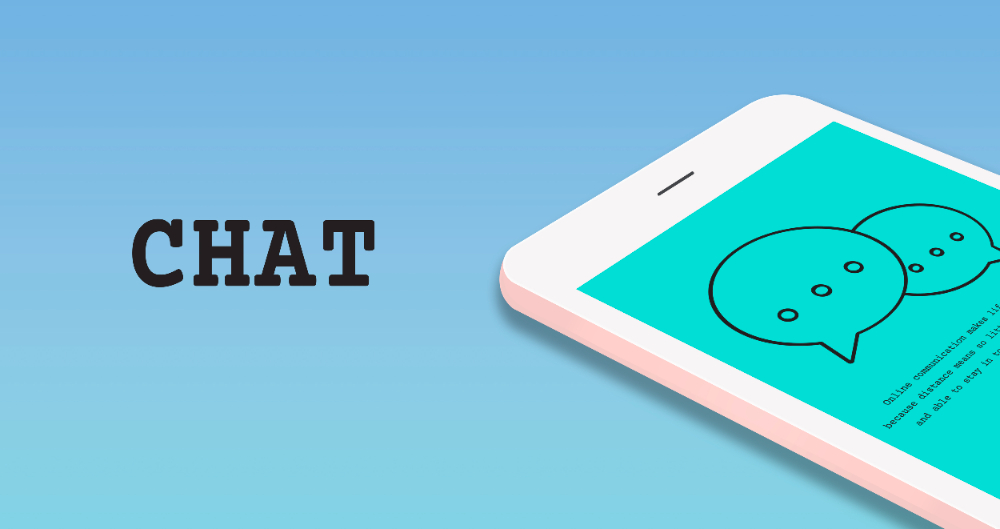- Utilizes spaced repetition to optimize memory retention by strategically reviewing material at intervals.
- Enables users to create quizzes and share study materials with peers, fostering a collaborative environment.
- Allows customization of flashcards to suit individual learning needs and preferences.
- Gizmo's techniques and features are grounded in research, ensuring effectiveness in enhancing memory retention and learning outcomes.
- Users can access Gizmo's platform and features from anywhere, making it convenient for learners worldwide.
- While Gizmo offers a personalized learning experience, it may not cater to all learning styles and preferences.
- Gizmo's effectiveness depends on the quality and relevance of the content it processes.
- If the source material is not comprehensive or accurate, it could affect the quality of study materials generated.
- CoolMindMaps What are Mind Maps? Free Mind Mapping AI Tool for Students!
- Furwee Best Free AI Child’s Learning Partner in 2024- Furwee
- Quizplus Students: Ace Your Exams with Quizplus’ Customizable Study Tools & Verified Solutions
- LitGrades How and When Do Students Use Flashcards?
- Conker Conker AI- Generate Assessments with AI Assistance
- QuizGecko QuizGecko: Study better with the help of A
- Quiz Wizard Why Should Teachers Use Quiz Wizard for Generating Flashcards and MCQs?
- TurboLearn TurboLearn AI Review 2024- Learn Smarter, Not Harder!
- Nearpod Nearpod: Your All-in-One Classroom Toolkit – Interactive Lessons, Videos, Games, & More
- Monic AI Monic AI: Free AI Study Tool Every Student Should Have!
- PrepSup PrepSup AI 2024 Review- Get a Personalized AI Tutor for Your Exams!
Table of Contents
- Why People Find it Difficult to Retain Information
- 1. Lack of Attention and Focus
- 2. Ineffective Learning Strategies
- 3. Stress and Anxiety
- How Gizmo's AI Simplifies Knowledge Acquisition & Boosts Grades
- Gizmo's AI Transformative Flashcards
- Gizmo's Spaced Repetition and Active Recall Techniques
- Gizmo Facilitates Group Study Sessions
- Conclusion
With information overload and constant academic pressure, students, educators, and lifelong learners are constantly seeking innovative tools to enhance learning outcomes. Traditional methods of studying often involve hours of monotonous reading, rote memorization, and ineffective revision techniques.
One such innovational tool is Gizmo, an AI-powered learning platform designed to streamline the learning process and optimize retention. Developed by Cambridge alumni, Gizmo has garnered widespread acclaim and transformed the study habits of students worldwide.
Now let’s delve deeper into how Gizmo simplifies knowledge acquisition and boosts grades!
Why People Find it Difficult to Retain Information
Retaining information is a critical aspect of learning and cognitive processing. Whether it's studying for exams, absorbing new skills at work, or remembering everyday tasks, our ability to retain information directly impacts our success and productivity. However, numerous factors can hinder this process, leading to difficulties in retaining information effectively. Understanding these factors is crucial for developing strategies to improve memory retention.
According to research conducted by the University of Waterloo, the average person forgets up to 50% of newly learned information within an hour and retains only about 25-30% after a day. Additionally, studies suggest that information retention tends to decline with age, with older adults generally experiencing more difficulties in memory recall compared to younger individuals.
Furthermore, in today's fast-paced digital age, information overload is a common phenomenon, with people bombarded by vast amounts of data daily, which can overwhelm the brain's capacity to retain information effectively.
Three reasons why people find it difficult to retain information;
1. Lack of Attention and Focus
One of the primary reasons for poor information retention is a lack of attention and focus during the initial encoding process. In today's digital age, where multitasking is prevalent, many individuals struggle to concentrate fully on a single task or piece of information.
Constant distractions from smartphones, social media, and other sources can disrupt the brain's ability to encode information effectively into memory. Without sustained attention and focus, information is less likely to be stored in long-term memory, leading to difficulties in retention and recall later on.
2. Ineffective Learning Strategies
Another common reason for difficulty in retaining information is the use of ineffective learning strategies. Many people rely on rote memorization techniques or passive learning methods, such as re-reading textbooks or listening to lectures without active engagement.
However, research has shown that these approaches are often less effective for long-term retention compared to more active learning strategies, such as spaced repetition, retrieval practice, and elaborative encoding. Without employing appropriate learning strategies that promote deeper understanding and engagement with the material, retention is likely to suffer.
3. Stress and Anxiety
Stress and anxiety can significantly impair memory retention by affecting various cognitive processes involved in learning and memory. When individuals experience high levels of stress or anxiety, the body releases cortisol, a hormone that can interfere with the functioning of the hippocampus, a brain region crucial for memory formation.
Additionally, stress and anxiety can disrupt attention, impairing the encoding of new information into memory. Furthermore, chronic stress has been linked to structural changes in the brain, particularly in areas associated with memory and learning, further exacerbating difficulties in retention. Therefore, managing stress and anxiety through relaxation techniques, mindfulness practices, and stress-reduction strategies is essential for enhancing memory retention.
How Gizmo's AI Simplifies Knowledge Acquisition & Boosts Grades
Here is how Gizmo empowers learners;
Gizmo's AI Transformative Flashcards
Gizmo's innovative AI-powered flashcard feature revolutionizes the way students engage with study materials. By automatically converting course content into interactive flashcards, Gizmo eliminates the tedious task of manual creation, saving valuable time and effort for both educators and students. This feature not only streamlines the study process but also enhances retention through active recall and spaced repetition techniques.
Moreover, Gizmo's AI ensures that the flashcards are tailored to each user's learning objectives and proficiency level. Through sophisticated algorithms, Gizmo extracts key concepts, definitions, and examples from textbooks, lecture notes, and online resources, presenting them in a clear and concise format. This personalized approach allows learners to focus on the most relevant information and reinforce their understanding effectively.
Again, Gizmo's flashcard feature promotes interactivity and engagement by incorporating multimedia elements such as images, diagrams, and audio recordings. This multimedia-rich format not only makes studying more dynamic and immersive but also caters to diverse learning preferences and styles. Whether reviewing vocabulary, historical events, or scientific principles, users can customize their flashcards to suit their individual needs and preferences.
Gizmo's Spaced Repetition and Active Recall Techniques
Gizmo's integration of spaced repetition and active recall techniques revolutionizes the way learners retain information, ensuring long-term mastery with minimal effort. Spaced repetition involves strategically reviewing material at intervals to reinforce memory retention. By spacing out quizzes over time, Gizmo optimizes the learning process, preventing the forgetting curve and promoting durable knowledge acquisition.
Furthermore, Gizmo's active recall feature engages learners in frequent quizzing sessions, stimulating memory retrieval and strengthening neural connections. With just 5 minutes of daily quizzing, users activate their cognitive processes, reinforcing learning and embedding information into long-term memory. This efficient approach maximizes study effectiveness while minimizing time investment, making it ideal for busy students and educators.
Gizmo's spaced repetition and active recall techniques are backed by cognitive science research, ensuring their efficacy in promoting deep learning and retention. By harnessing these principles, Gizmo empowers users to achieve mastery over complex subjects, confidently recall information, and excel academically. Whether preparing for exams, mastering new skills, or simply expanding one's knowledge base, Gizmo's innovative approach to spaced repetition and active recall sets the stage for lifelong learning success.
Gizmo Facilitates Group Study Sessions
Gizmo fosters collaborative learning by enabling users to study with friends seamlessly. Through its innovative platform, users can create quizzes and share study materials with their peers, fostering a collaborative environment that enhances comprehension and retention.
With Gizmo's group study feature, students can collaborate on quizzes, review sessions, and study guides in real-time. This interactive approach promotes active engagement, knowledge exchange, and collective problem-solving, leveraging the collective expertise and insights of the group.
Furthermore, Gizmo's social sharing capabilities extend beyond traditional study groups, allowing users to connect with classmates, educators, and mentors worldwide. By sharing study materials and insights, users can benefit from diverse perspectives, feedback, and support networks, enriching their learning experience and enhancing academic performance.
Whether preparing for exams, working on group projects, or seeking peer-to-peer support, Gizmo's collaborative features empower users to study more effectively and achieve better results together. By harnessing the power of social learning, Gizmo transforms studying from a solitary endeavor into a dynamic and interactive experience that fosters collaboration, camaraderie, and academic success.
Conclusion
Gizmo represents a paradigm shift in the way we approach learning and knowledge acquisition. By harnessing the power of AI, Gizmo empowers students to study more efficiently, retain information effectively, and achieve academic success. Its personalized approach, interactive features, and proven results make it a valuable asset for educators, students, coaches, and consultants alike.
As we continue to navigate the complexities of the digital age, tools like Gizmo serve as invaluable allies in our quest for lifelong learning and intellectual growth. By adopting a mindset of studying smarter, not harder, and embracing innovative technologies, we can unlock our full potential and thrive in an ever-evolving educational landscape.

































Comments are closed.